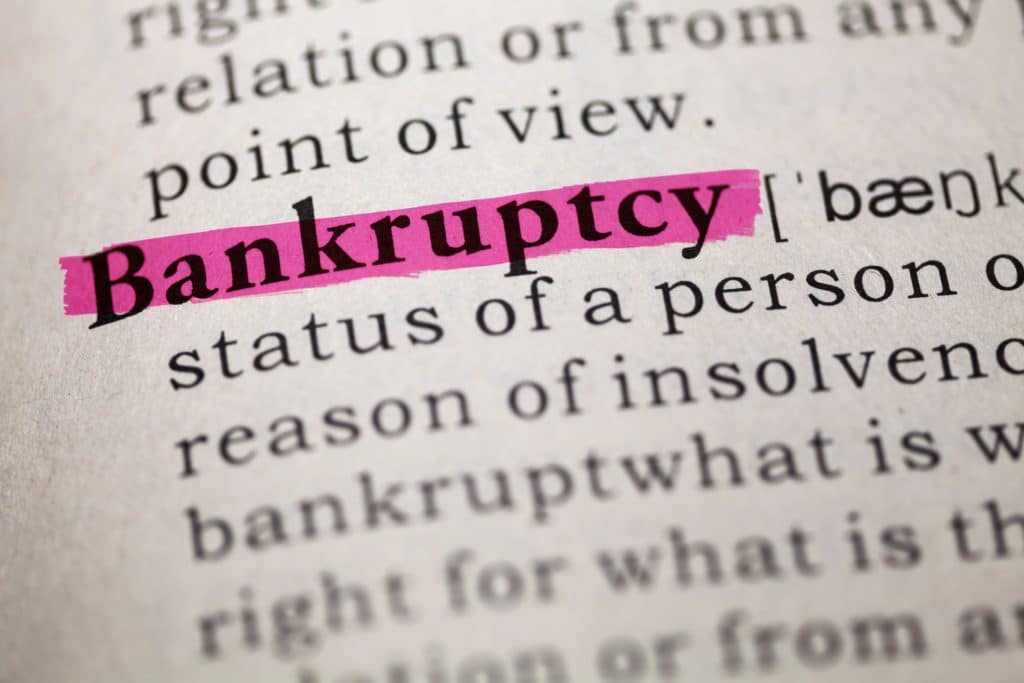If you are feeling overwhelmed by debt, you are not alone. The pandemic has caused significant financial strain on many individuals, families, and businesses. As you explore your debt-relief options in New York, you may have come across the terms Chapter 7 and Chapter 13 bankruptcy and wondered which type of bankruptcy relief would best suit your needs. Here is a brief overview of the differences between a Chapter 7 and Chapter 13 bankruptcy filing and what steps you can take to move toward a brighter financial future.
How Chapter 7 Bankruptcy Works
Chapter 7 bankruptcy allows qualifying individuals and business entities to discharge (wipe away) certain forms of debt within a relatively short time. As soon as you file for Chapter 7 bankruptcy, you will receive an “automatic stay” that prevents creditors from hounding you for payment, garnishing your wages or suing you. Under Chapter 7 bankruptcy, you can seek to have debts like credit cards, medical bills, and personal loans discharged. In New York, most people who qualify for Chapter 7 bankruptcy relief are able to keep most of their property, including their home, vehicles, and bank account balances.
Filing For Chapter 13 Bankruptcy in New York
Also called reorganization bankruptcy, Chapter 13 bankruptcy relief helps debtors who have a steady source of income pay back a percent of their debt over a 3 to 5 year period. At the end of the bankruptcy, the dischargeable debt that wasn’t paid is wiped away. The amount you repay depends on the amount of your income, the types of debt you owe, how much arrears you owe on secured debt (if any), and how much property you own. People who have fallen behind on their house or car payments, or have nondischargeable debts like taxes or child support, can create a repayment plan and climb out of debt over the 3 to 5 period of the bankruptcy. Those who do not qualify for Chapter 7 bankruptcy relief but want to stop a foreclosure, wage garnishment, lawsuits, and/or unmanageable monthly payments also find success through a Chapter 13 bankruptcy filing.
Guiding You Through the Bankruptcy Process in New York
Although many people feel overwhelmed or even ashamed by the thought of filing for bankruptcy, it is important to recognize that bankruptcy can offer you the fresh financial start you need. Working with a compassionate and trusted bankruptcy attorney can give you the reassurance and confidence you need to take control of your financial situation. Your attorney will help you identify the bankruptcy options that best address your needs and guide you through all phases of the bankruptcy and into a brighter future.




